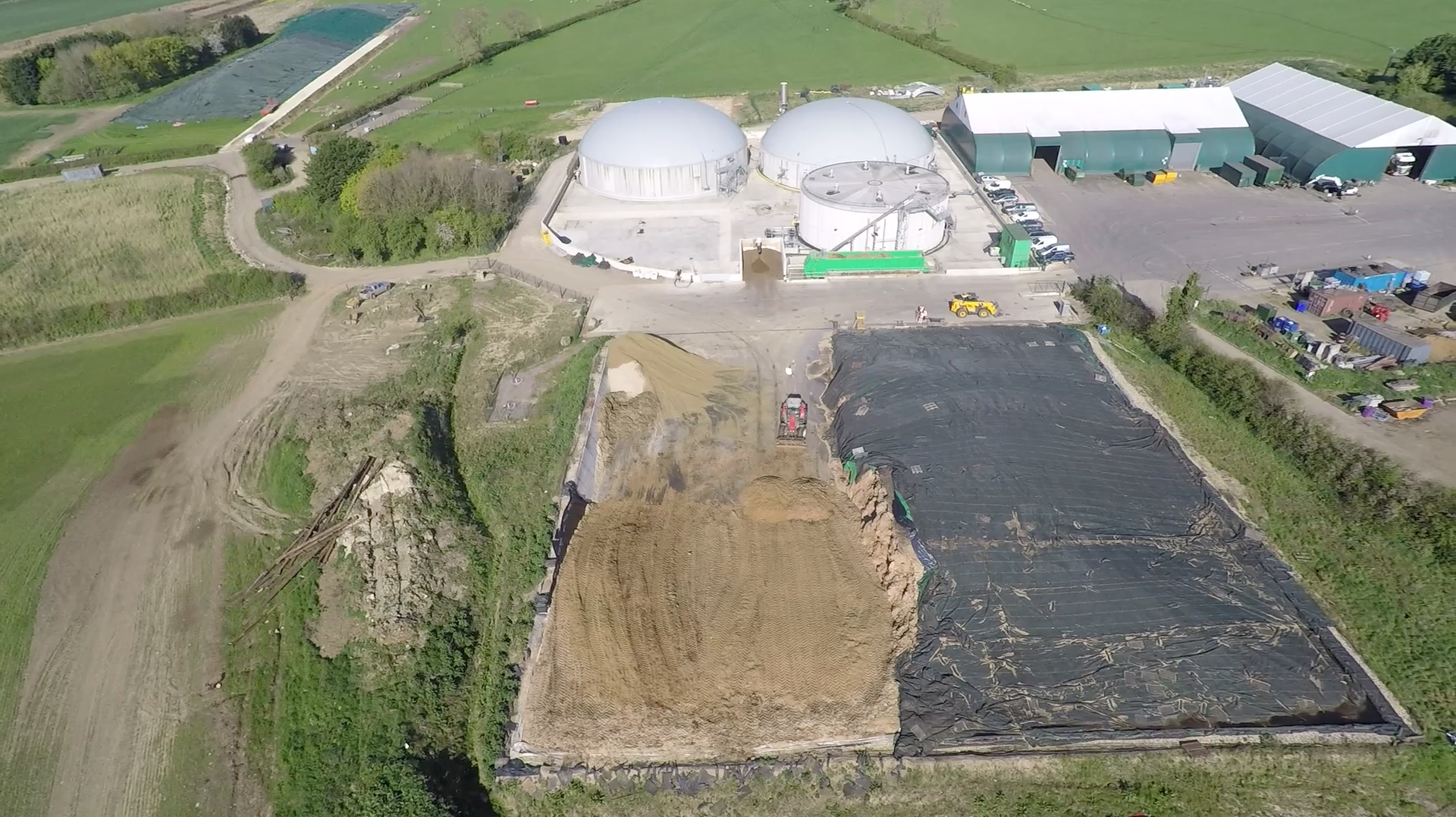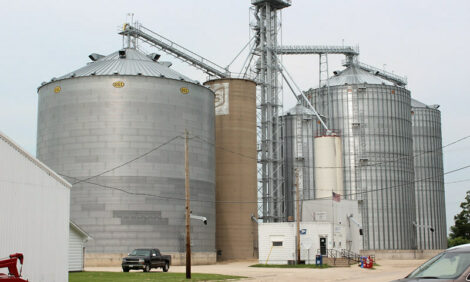



Farmers encouraged to optimise anaerobic digestion operations
Official statistics released by the NNFCC in 2019 revealed that there are 486 anaerobic digestion (AD) plants in the UK, 338 of which are farm-based and another 239 farm-based AD in development.With Feed in Tariff (FiT) and Renewable Heat Incentive (RHI) subsidies eventually running out, experts are encouraging the many farmers in ownership of AD plants to tap into ways to optimise their operations, to not only increase revenue now, but to ensure the plants can ‘self-sustain’ in future.
Dr Kiara Zennaro, head of biogas for the REA, is chairing a conference session looking at the enhancement of AD plants at the Energy and Rural Business Show, which takes place on 3 and 4 March, and believes there are many ways for farmers to look at enhancing and optimising AD plants. Existing plant owners are encouraged to attend the event to understand how to maximise the returns from their AD assets and explore the additional opportunities available.
“Opportunities in optimising performance, and therefore revenue, fall broadly under three main categories: feedstocks, operations and products.”

Feedstocks
Kiara explains that according to the experts, poor clamp management can account for losses of up to 20 percent in biogas yield. “Making sure the design and management of the clamp is at its peak is very important, reducing the exposure of the silage to oxygen for example could maximise the amount of biogas captured in the digester,” she says.
Bringing in new or alternative feedstocks to replace expensive crops also presents an opportunity to lower costs.
“While maize is a high biogas yielding feedstock, it might be worth considering alternatives that can lower input costs. There are companies now that can provide novel feedstocks, such as some processing wastes or by-products. For example, by-products from the food and drinks industry are being used, such as syrups, whey, molasses and glycerine.
“Animal slurries and manure are also available in abundance in the UK: it’s estimated that 90 million tonnes of manure is generated in the UK annually,” says Kiara.
Operations
“It’s in the interest of operators of AD plants to maximise biogas production and lower input costs,” explains Kiara.
Key to this is making sure the biological process is stable. “You want microbes in an optimal condition to perform. If the process is unstable, this can result into an accumulation of intermediate products like volatile fatty acids inside the digester and trigger a chain of events that can ultimately lead to a severe inhibition of the process and a drop in the biogas production.
It’s advisable to regularly monitor the process carefully and understand how to interact and respond to your data. “Make sure you have a plan of action to respond quickly to any deterioration of process.”
Products
There have been many changes over the last few years in the legislation that regulates digestate application to agricultural land, which could create new opportunities.
“Since the introduction of the ‘Farming Rules for Water’ in 2018 - formalising good agricultural practice into regulations - farmers are only able to apply digestate if the crops grown on the land require it, meaning that in most cases the spreading window for digestate is very limited and more storage is needed, with higher capital costs. Cost savings on storage and transport may make the case for de-watering or processing of digestate more viable.
“There are technologies available to process or ‘de-water’ digestate, making it easier to store and transport and these could be potentially retrofitted on existing plants,” she says.
Looking at other by-products from AD plants, CO2 can be captured and used in many products, its readily used in food and drinks sectors, but in the future it could also be used to make polymers, fuels, chemicals and fertilisers and Dr Zennaro is confident that there is a lot of potential in these new innovative areas.
Energy and Rural Business Show
Kiara Zennaro will host the AD and Biogas session on ‘AD optimisation and enhancement’ at Energy and Rural Business Show 2020. There will also be dedicated sessions at the event on the use of biomethane as a vehicle fuel, with biomethane and electric vehicles and machines on display and available for test drive.
Taking place at the East of England Arena for the first time, the show hosts a multi-streamed conference and features three Expos in one show: ‘Energy Now Expo’, ‘Rural Business Expo’ and the ‘Low-Emission Vehicles Expo’. Free tickets can be booked online.








